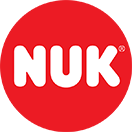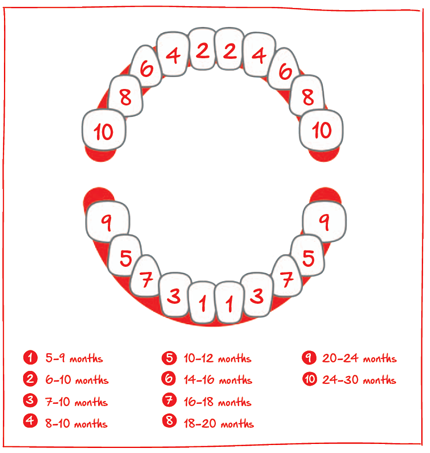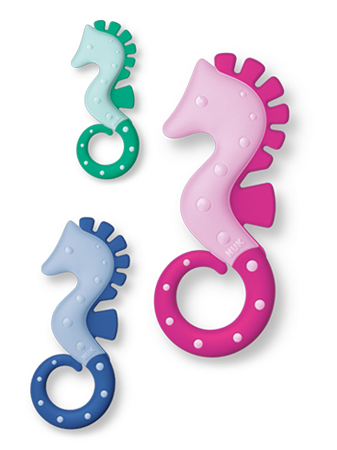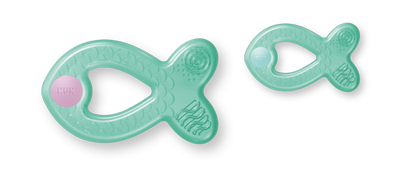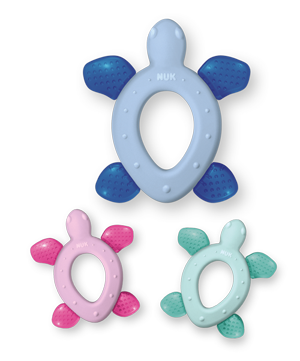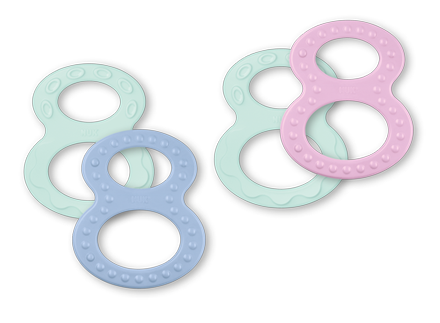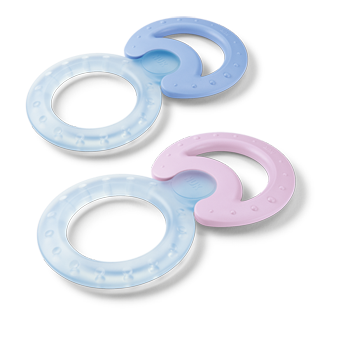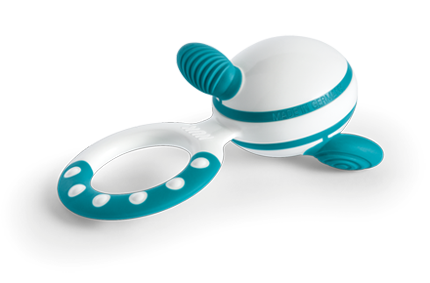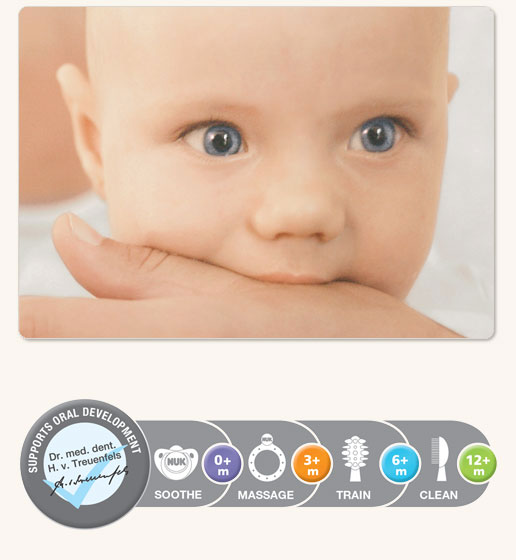
A small white tip flashes in a smile. Hurray, the first tooth! A great breakthrough in your child’s development – this means learning to eat like the big ones and also making a great leap with learning to talk, because sounds are more intelligible when you have new little teeth.
Nowhere in the body are there so many muscles and nerves as in the mouth. The activities here, in such a small space, are what make survival and interpersonal communication possible: breathing, sucking, biting, chewing, swallowing, speaking and facial expressions all require the same muscles and nerves. The tongue also plays a major role in this perfect interaction, for if it cannot be moved properly, then it is easy for everything to get really mixed up.
The mouth and tongue enable your baby’s development from day one: the first thing newborns learn is sucking at the breast – usually immediately after birth. Straight after that comes swallowing. A few months later, chewing begins with the first milk teeth and, when they are about one year old, children then start with the supreme discipline of oral development: speaking.
Each of these steps builds on the other. That is why the palate’s healthy development is of great importance for babies. You can support them in four steps: breastfeeding and, if necessary, the right teat and pacifier to exercise the muscles and satisfy the innate sucking reflex. During teething comes the beneficial and important massaging of the gums and, with the first tooth, learning to clean the teeth and, finally, showing your children how to take care of their teeth themselves.
